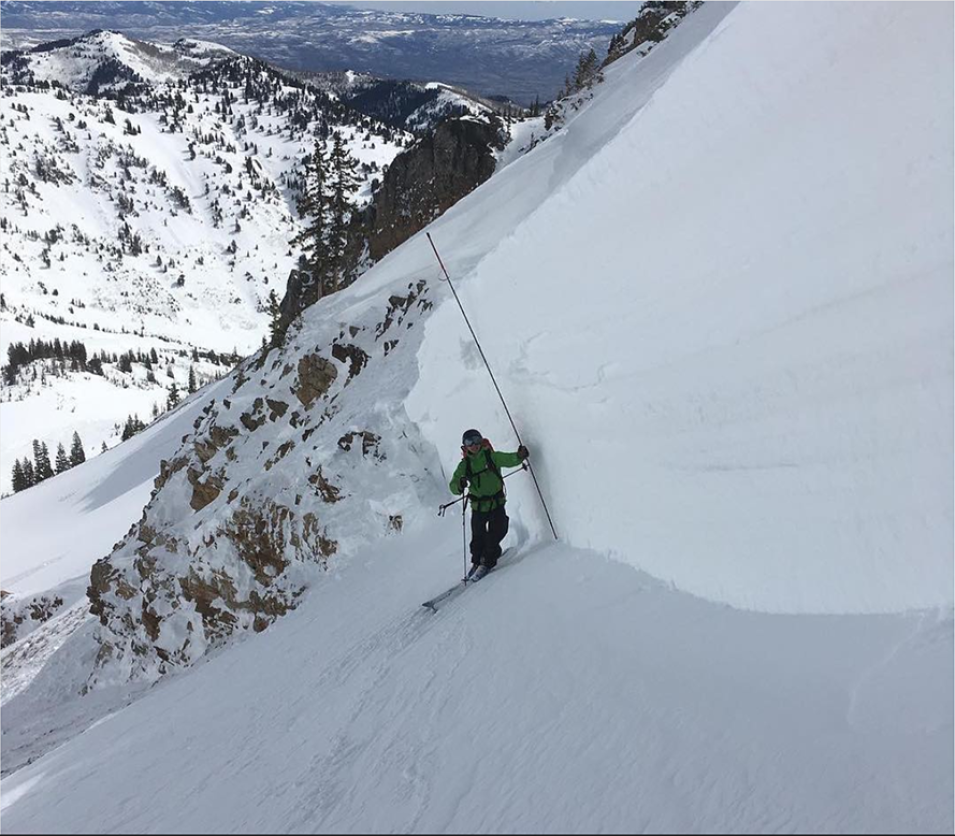NASA’s 2020 Research Opportunities in Space and Earth Science (ROSES-20) solicitation includes an opportunity for projects to augment and enhance NASA scientific data and capacity through citizen science. Citizen science is a form of open collaboration in which individuals or organizations participate voluntarily in the scientific process.
Citizen Science Funding Opportunity
Citizen scientist measuring snow depth for the 2016 Citizen Science for Earth Systems Program (CSESP) project, Community Snow Observations. Snow depth measurements are being used to better interpret satellite and airborne snow observations collected by NASA and other agencies. Image credit: Community Snow Observations.
The primary goal of NASA's Citizen Science for Earth Systems Program (CSESP) is to develop and implement capabilities to augment and enhance NASA scientific data and capacity through voluntary observations, interpretations, or other direct participation by members of the general public to advance understanding of the Earth as a system. The program complements NASA's capability of observing Earth globally from space, air, land, and water by engaging the public in NASA's strategic goals in Earth science.
Two types of proposals will be considered in this solicitation: proposals for research to gather new data and proposals that reuse, enhance, or characterize existing NASA citizen science data. Areas of investigation can include any of the Earth Science focus areas: Atmospheric Composition, Weather and Atmospheric Dynamics, Climate Variability and Change, Water and Energy Cycle, Carbon Cycle and Ecosystems, or Earth Surface and Interior.
This program is a follow-on to the 2016 CSESP ROSES program element. Research funded by the program in 2016 includes a project in which citizen scientists help identify kelp forests that might be difficult to see in satellite imagery; a project to confirm satellite measurements of snow by training citizen scientists, including backcountry professionals and recreationists, to measure snow depth; and a project which measures changes in air quality associated with California wildfires and is now tracking changes associated with the COVID-19 pandemic.
Read more about this opportunity in program element A.41 (PDF) of the full ROSES solicitation (PDF). Notices of Intent are due August 4, 2020, and proposals are due September 11, 2020.
